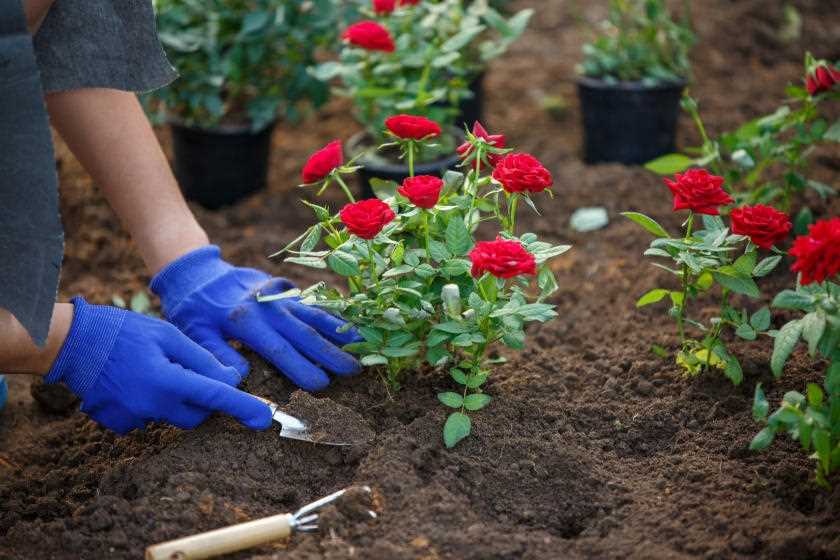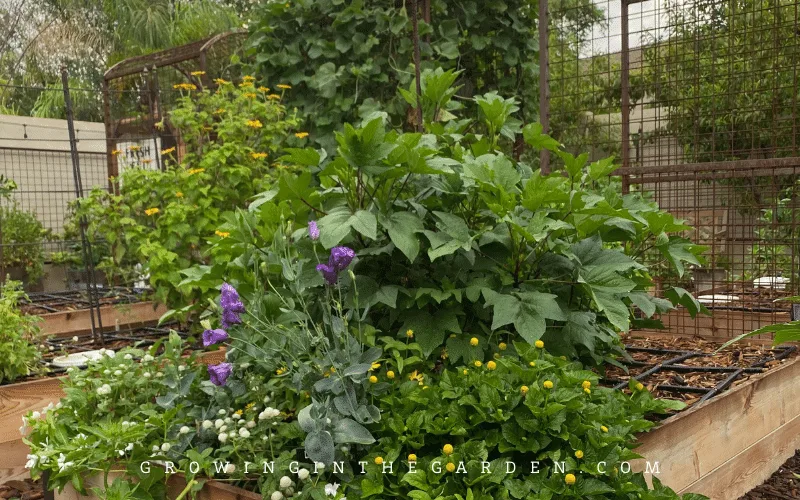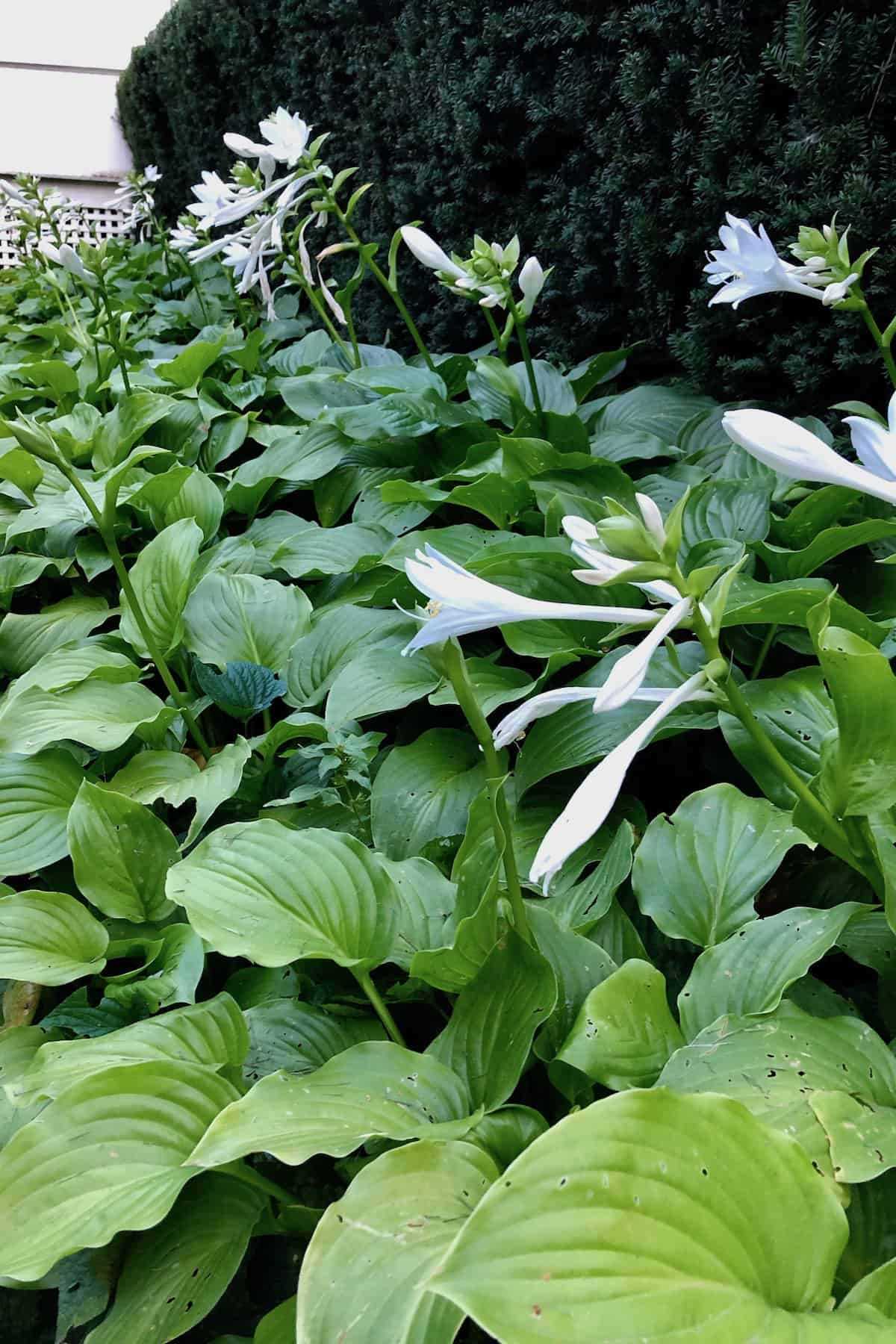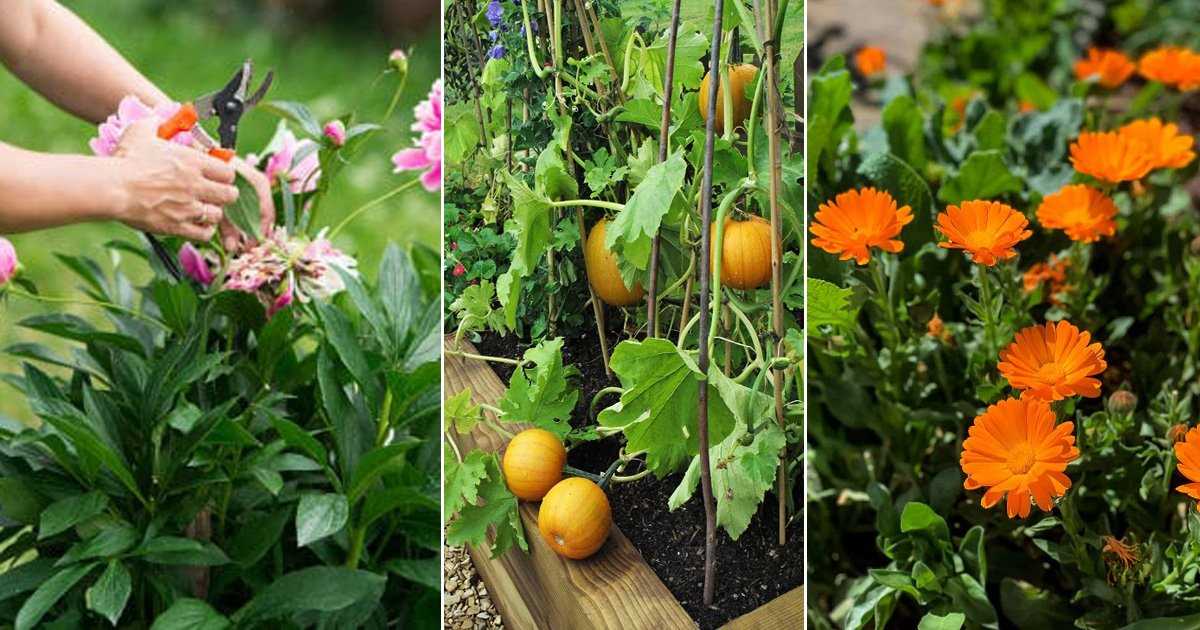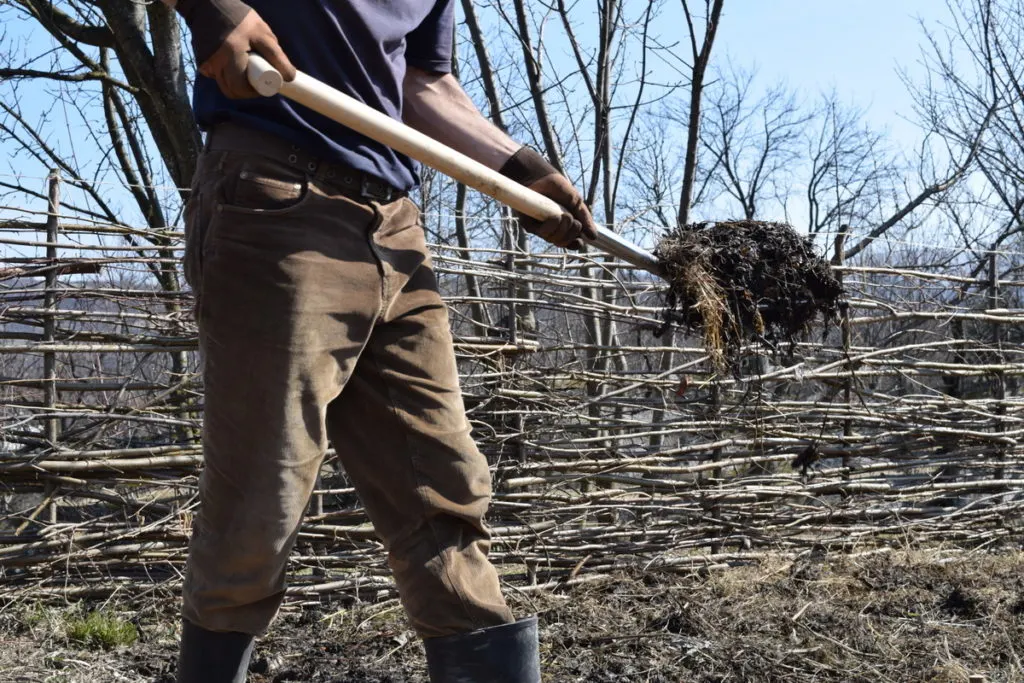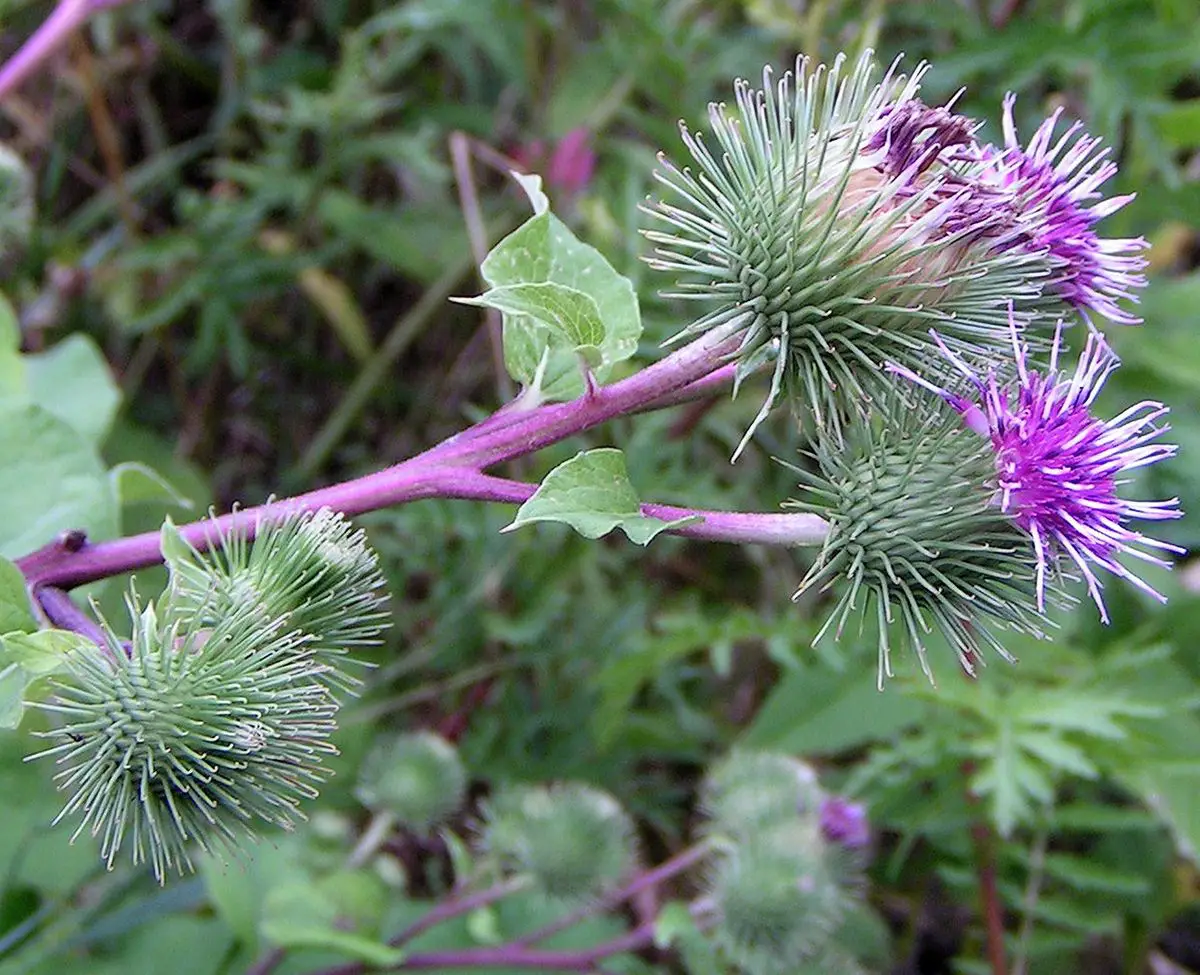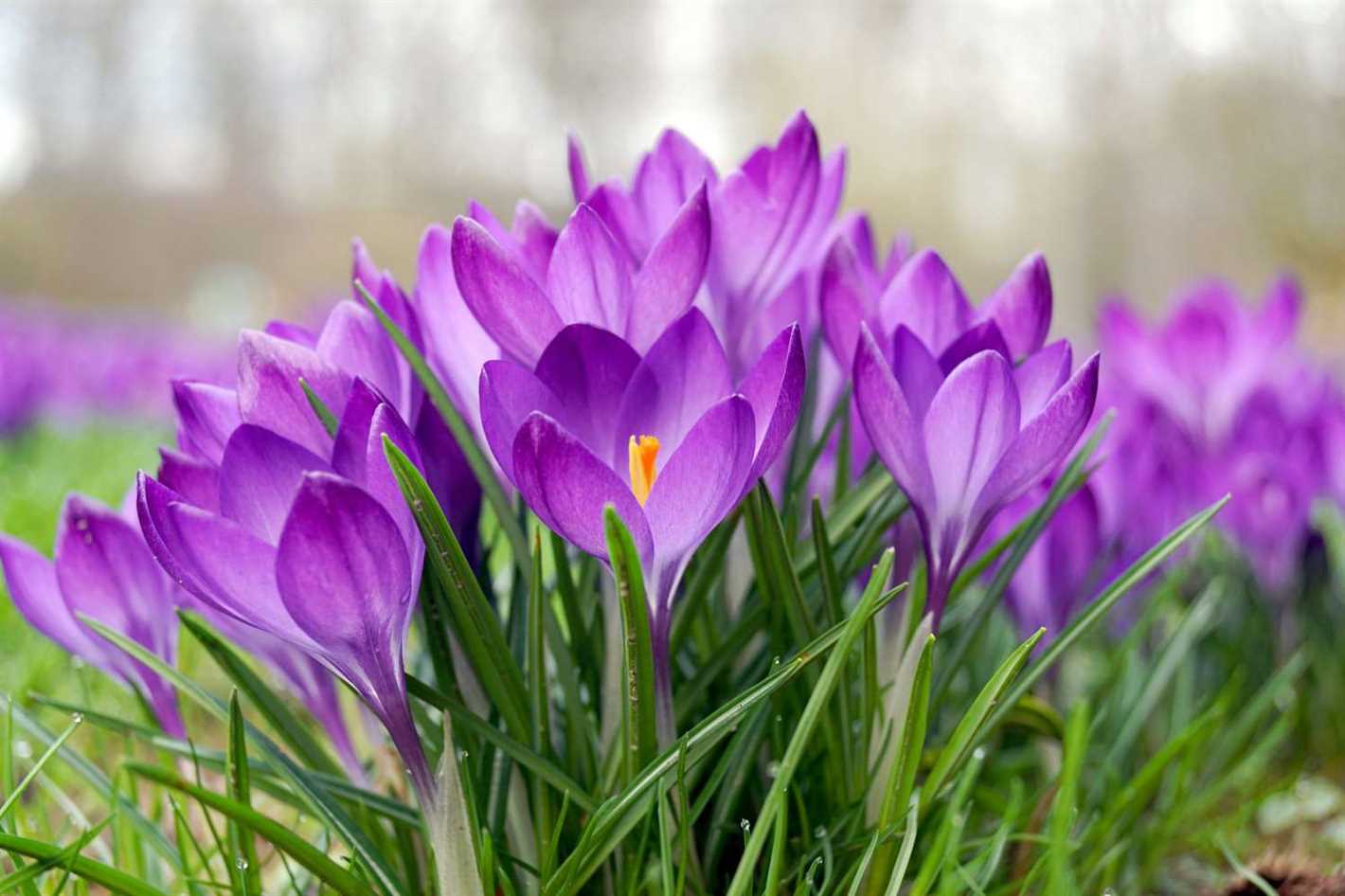- Tip 1: Provide Proper Watering
- Tip 2: Ensure Adequate Sunlight
- Tip 3: Maintain Proper Air Circulation
- Tip 4: Use Disease-Resistant Varieties
- Tip 5: Practice Good Sanitation
- Tip 6: Monitor for Pests and Take Action
- 1. Regular Inspection
- 2. Identify Pests
- 3. Natural Pest Control Methods
- 4. Chemical Pest Control
- 5. Quarantine Affected Plants
- 6. Prevention
- Questions and Answers:
- How can I protect my petunia sprouts from diseases?
- What are some common diseases that can affect petunia sprouts?
- How often should I water my petunia sprouts?
- Can I use chemical pesticides on my petunia sprouts?
- How can I prevent damping off in my petunia sprouts?
- Videos: How To Revive Any Dying Plant in 3 Eazy Steps : Root Rot Treatment : Plants Issues And Solutions
Growing petunias is a delightful way to add color and beauty to your garden. These vibrant flowers require proper care to thrive and reach their full potential. However, like any plant, petunias are susceptible to diseases and other threats that can stunt their growth or cause them to die prematurely.
To ensure the health and longevity of your petunia sprouts, it’s important to take preventive measures and address any issues as soon as they arise. Here are six tips to safeguard your petunia sprouts from diseases and death.
1. Choose Disease-Resistant Varieties
When selecting petunia seeds or seedlings, opt for disease-resistant varieties. These are bred to have higher resistance to common petunia diseases, such as powdery mildew or root rot. Look for labels indicating disease resistance when purchasing petunia plants.
2. Provide Adequate Air Circulation
Poor air circulation can create a humid environment that promotes the growth of fungal diseases. To prevent this, avoid overcrowding your petunia plants and ensure they have enough space to breathe. Prune any dense foliage and thin out the plants if necessary.
3. Water Properly
Overwatering can lead to root rot, while underwatering can cause the plants to wilt and die. Find the perfect balance by allowing the top inch of soil to dry out before watering again. Use a watering can or drip irrigation system to deliver water directly to the base of the plants.
4. Mulch to Prevent Soil-borne Diseases
Applying a layer of organic mulch around your petunia plants can help prevent soil-borne diseases. Mulch acts as a barrier, preventing pathogens from splashing onto the plant’s leaves when it rains or during watering. It also helps regulate soil temperature and moisture levels.
5. Monitor for Pests
Pets, such as aphids or spider mites, can wreak havoc on petunia plants if left untreated. Regularly inspect your plants for signs of pest infestation, such as yellowing or distorted leaves, and take appropriate measures to eliminate the pests. Use organic insecticides or introduce natural predators, like ladybugs, to control the pest population.
6. Practice Good Sanitation
Proper sanitation is crucial for preventing the spread of diseases among your petunia plants. Remove any diseased or dead foliage promptly and discard it in a sealed bag or container. Avoid working with wet plants to prevent the spread of fungal spores, and sanitize your gardening tools after each use.
By following these six tips, you can safeguard your petunia sprouts from diseases and death, ensuring the vibrant beauty of these flowers for months to come. Remember that prevention is key, so stay vigilant and address any issues promptly to keep your petunias thriving.
Tip 1: Provide Proper Watering
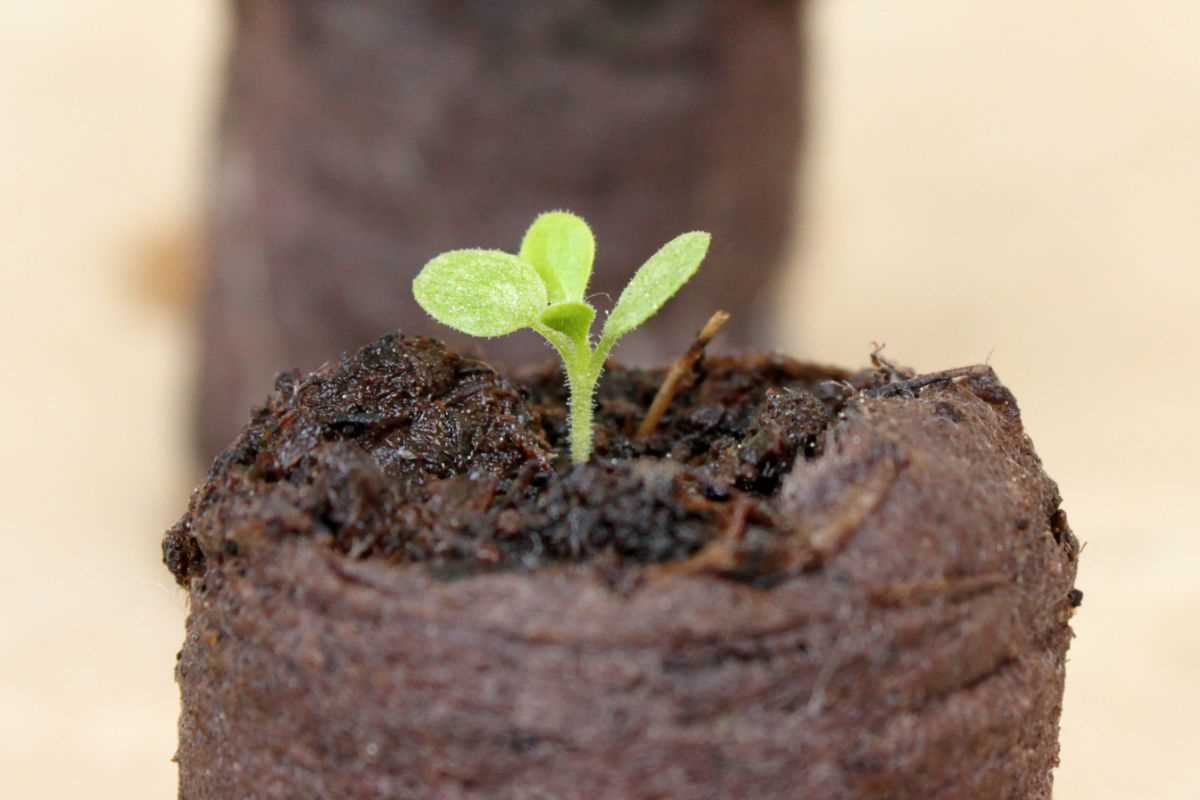
Proper watering is essential for the health and growth of petunia sprouts. Here are some tips to ensure your petunias receive the right amount of water:
- Water consistency: Petunias require regular watering to keep the soil moist but not waterlogged. Avoid allowing the soil to dry out completely between waterings.
- Watering frequency: Water your petunias deeply once or twice a week, depending on the weather conditions. Check the moisture levels of the soil regularly to determine when it needs water.
- Watering method: Direct the water towards the base of the plants to prevent wetting the leaves. This helps in reducing the risk of fungal diseases.
- Avoid overhead watering: Overhead watering can promote the spread of diseases and cause damage to the delicate petals and leaves of petunia sprouts. Use a watering can or a drip irrigation system for more targeted watering.
Remember to adjust your watering schedule based on the specific needs of your petunias and the environmental conditions they are growing in. By providing proper watering, you can help safeguard your petunia sprouts from diseases and death.
Tip 2: Ensure Adequate Sunlight
The amount of sunlight your petunia sprouts receive is crucial for their growth and overall health. Adequate sunlight is essential as it helps them to produce energy through photosynthesis, which is necessary for their survival. Here are some tips to ensure your petunia sprouts get enough sunlight:
- Choose the right location: Pick a spot in your garden or on your balcony that gets at least 6-8 hours of direct sunlight every day. Avoid placing them in shaded areas or under trees where they may not receive enough sunlight.
- Monitor the sun’s movement: Observe how the sun moves during the day and position your petunia sprouts where they can receive the maximum amount of sunlight. This may require adjusting their location or using reflective materials to redirect sunlight towards them.
- Protect from excessive heat: While sunlight is necessary, excessive heat can be damaging to petunia sprouts. If you live in a region with scorching temperatures, consider providing some shade during the hottest parts of the day to prevent wilting or sunburn.
- Rotate your plants: To ensure all sides of your petunia sprouts receive adequate sunlight, rotate them every few days. This will prevent the plants from growing towards the light source and becoming uneven.
- Use artificial lighting: If you don’t have access to a sunny outdoor space, consider using artificial lighting sources such as fluorescent or LED grow lights. Position the lights 6-12 inches above the plants and keep them on for 12-16 hours a day to simulate natural sunlight.
By ensuring adequate sunlight for your petunia sprouts, you are giving them the opportunity to thrive and grow into beautiful, healthy flowers.
Tip 3: Maintain Proper Air Circulation
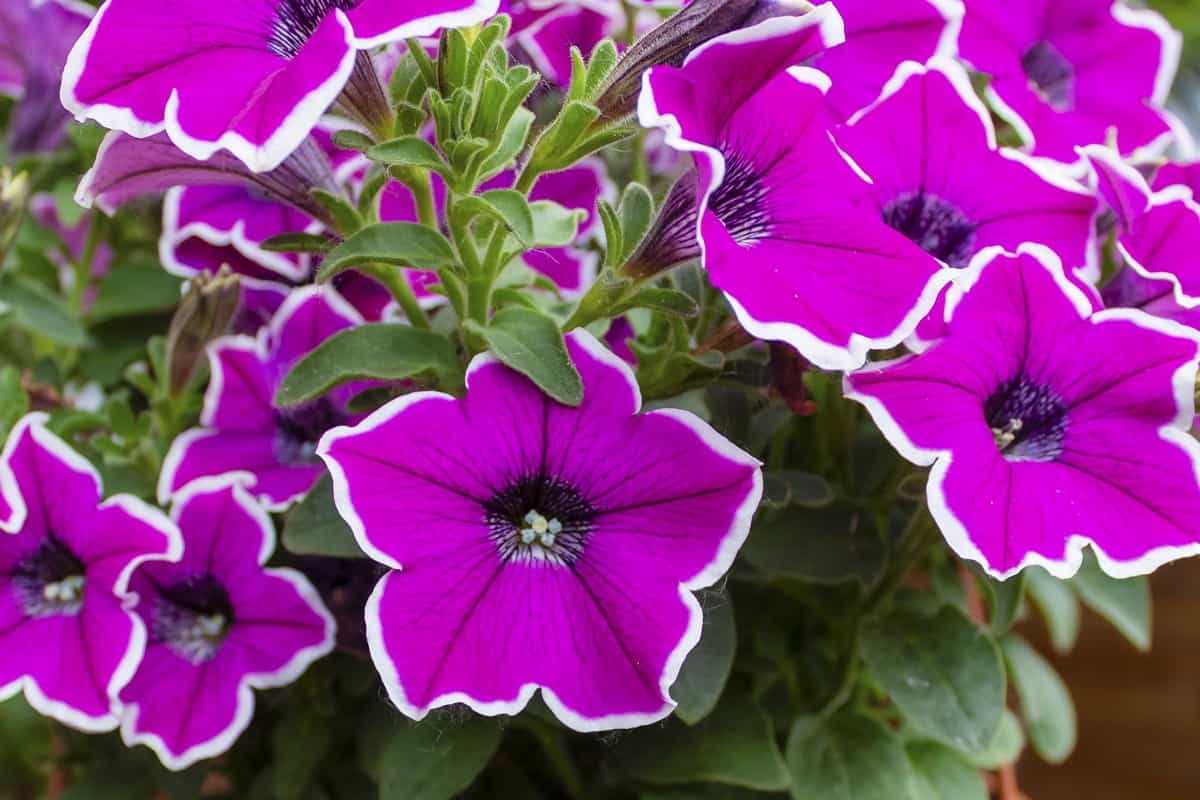
Proper air circulation is crucial for the health of petunia sprouts. Here are some steps you can take to ensure proper air circulation:
- Space out your petunia plants: Avoid overcrowding your petunia plants as it can hinder air circulation. Make sure to give each plant enough space to grow and spread its leaves.
- Prune regularly: Trim any excess leaves or branches that might be blocking the airflow around your petunia sprouts. This will help prevent the buildup of moisture and reduce the risk of fungal diseases.
- Provide proper ventilation: If you are growing petunias indoors, make sure to open windows or use exhaust fans to facilitate air movement. Fresh air circulation will prevent the buildup of stagnant air and reduce the risk of diseases.
- Avoid overwatering: Excess water can lead to waterlogged soil and poor air circulation. Ensure that the soil is well-drained and water the plants only when necessary.
- Clean the surrounding area: Remove any debris or fallen leaves from the vicinity of your petunia sprouts. This will prevent the accumulation of moisture and improve air circulation.
- Protect from extreme weather conditions: Strong winds or heavy rains can damage the delicate petunia sprouts and disrupt air circulation. Take necessary precautions to protect your plants from harsh weather conditions.
By following these tips, you can maintain proper air circulation for your petunia sprouts and promote their overall health and vigor.
Tip 4: Use Disease-Resistant Varieties
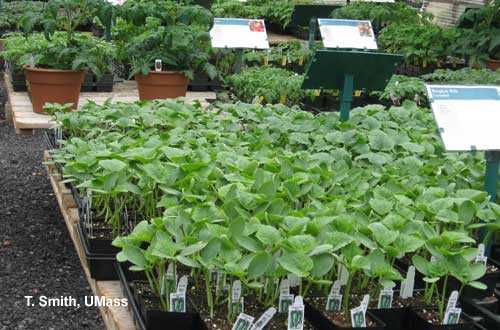
Petunia sprouts are susceptible to a variety of diseases that can quickly wipe out your entire crop. To safeguard your petunias from diseases, it is important to choose disease-resistant varieties.
When selecting petunia seeds or seedlings, look for varieties that are specifically bred to be disease-resistant. These varieties have been developed to have a natural resistance to common petunia diseases, making them less prone to infection.
Some popular disease-resistant petunia varieties include:
- Supertunia: This variety is known for its exceptional disease resistance, making it a top choice for gardeners.
- Wave: Wave petunias are renowned for their vigorous growth and resistance to diseases such as powdery mildew.
- Shock Wave: Shock Wave petunias are compact plants that are highly resistant to diseases and require minimal maintenance.
Using disease-resistant varieties can greatly reduce the risk of your petunias succumbing to diseases, giving them a better chance of thriving and producing beautiful blooms.
Tip 5: Practice Good Sanitation
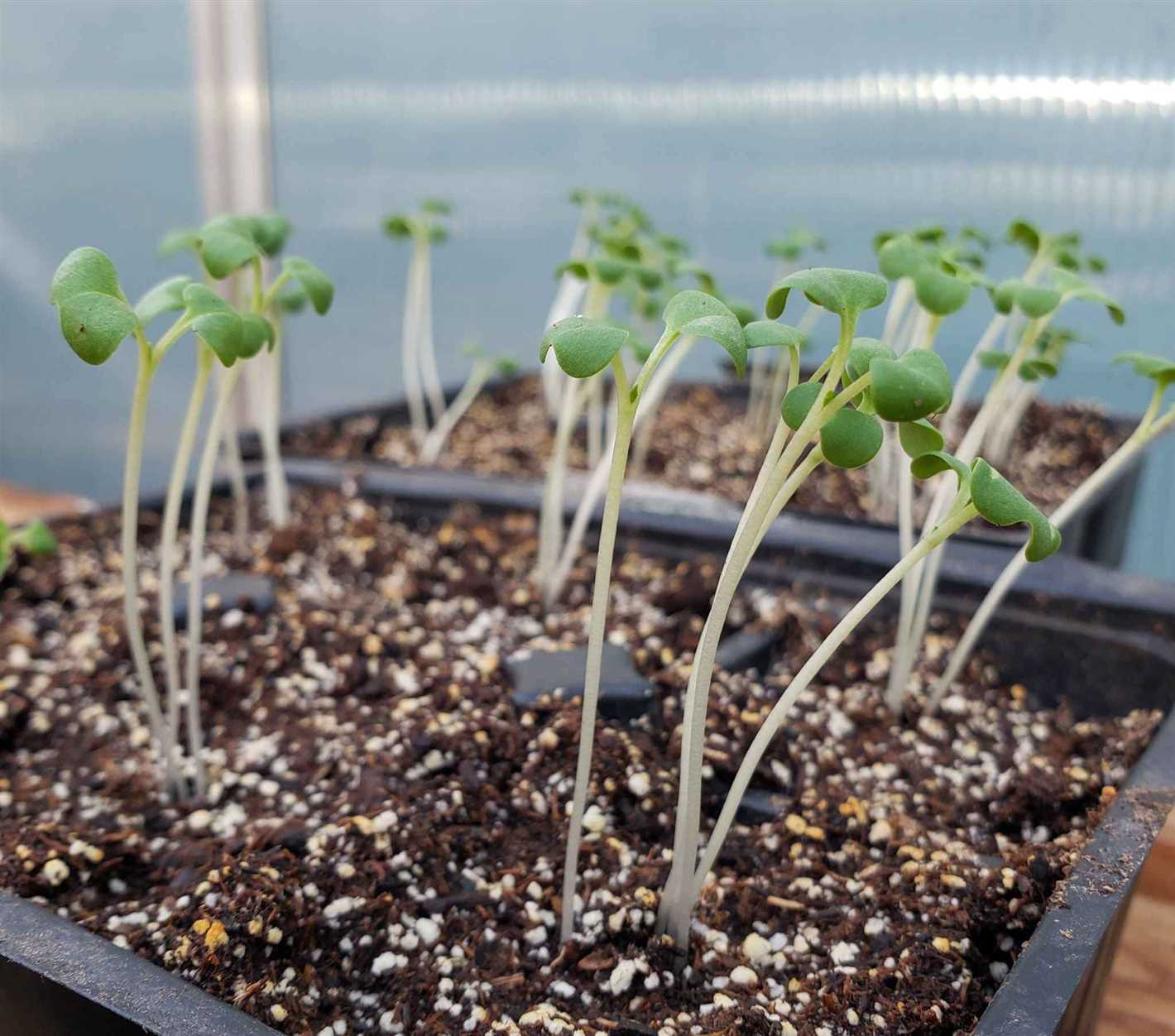
- Keep your gardening tools clean: Regularly clean your gardening tools, such as pots, trowels, and pruning shears, to prevent spreading diseases to your petunia sprouts. Use a mixture of water and bleach or a disinfectant specifically designed for gardening tools. Scrub the tools thoroughly, rinse them well, and let them dry before using them again.
- Remove plant debris: It’s crucial to remove any plant debris from your garden bed or pots. Dead leaves, flowers, and stems can harbor disease-causing pathogens that can infect your petunia sprouts. Regularly inspect your plants and remove any dead or dying plant parts promptly. Dispose of the debris in a sealed bag or burn it to prevent the spread of diseases.
- Clean your gardening area: Maintaining a clean gardening area is essential to prevent the buildup of pests and pathogens. Sweep the area around your petunia sprouts regularly to remove fallen leaves and other debris. Take time to weed your garden beds regularly to reduce competition for nutrients and minimize disease spread.
- Practice crop rotation: If you’re growing petunia sprouts in a garden bed, practice crop rotation to minimize the risk of disease. Avoid planting petunias in the same spot year after year, as this can increase the likelihood of soilborne diseases. Rotate the location of your petunias with plants from different families each year to disrupt the lifecycle of pests and pathogens.
- Monitor for signs of disease: Regularly inspect your petunia sprouts for any signs of disease, such as yellowing leaves, wilting, or spots on the leaves. If you notice any abnormality, take immediate action to prevent the spread of the disease. Remove and destroy any infected plants to prevent further contamination.
- Practice proper watering: Overwatering can create a favorable environment for disease development. Ensure that your petunia sprouts receive the right amount of water, neither too much nor too little. Water the plants at the base to avoid wetting the leaves, as damp foliage can lead to fungal infections.
By practicing good sanitation in your garden, you can significantly reduce the risk of diseases and ensure the health and vitality of your petunia sprouts.
Tip 6: Monitor for Pests and Take Action
Pests can pose a significant threat to the health and well-being of your petunia sprouts. It is important to monitor your plants regularly for any signs of pest infestation and take immediate action to control and prevent further damage.
1. Regular Inspection

Inspect your petunia sprouts on a regular basis to check for any signs of pests. Look for visible damage to the leaves, stems, and flowers, as well as any unusual spots or discoloration. Check the undersides of leaves and inside the buds as pests often hide in these areas.
2. Identify Pests
Learn to identify common pests that can affect petunia sprouts, such as aphids, spider mites, whiteflies, and caterpillars. Different pests may cause different types of damage, so it helps to recognize the specific signs and symptoms associated with each pest.
3. Natural Pest Control Methods
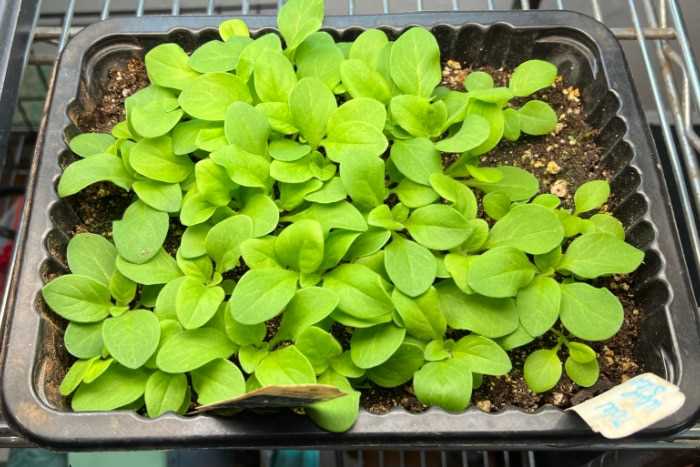
Consider using natural pest control methods to manage pest infestations. Natural options include introducing beneficial insects like ladybugs and lacewings to eat aphids and other pests, using organic insecticidal soaps or neem oil sprays, or making homemade pest repellents from natural ingredients.
4. Chemical Pest Control
If natural methods do not effectively control the pest population, you may need to resort to chemical pest control. Carefully follow the instructions on the pesticide label and use only products approved for use on petunias. Be mindful of the potential risks to yourself, other pets, and the environment when using chemical pesticides.
5. Quarantine Affected Plants
If you notice an infestation on one or more of your petunia sprouts, isolate the affected plants immediately to prevent the pests from spreading to other healthy plants. Quarantine the plants in a separate area and treat them accordingly until the infestation is under control.
6. Prevention
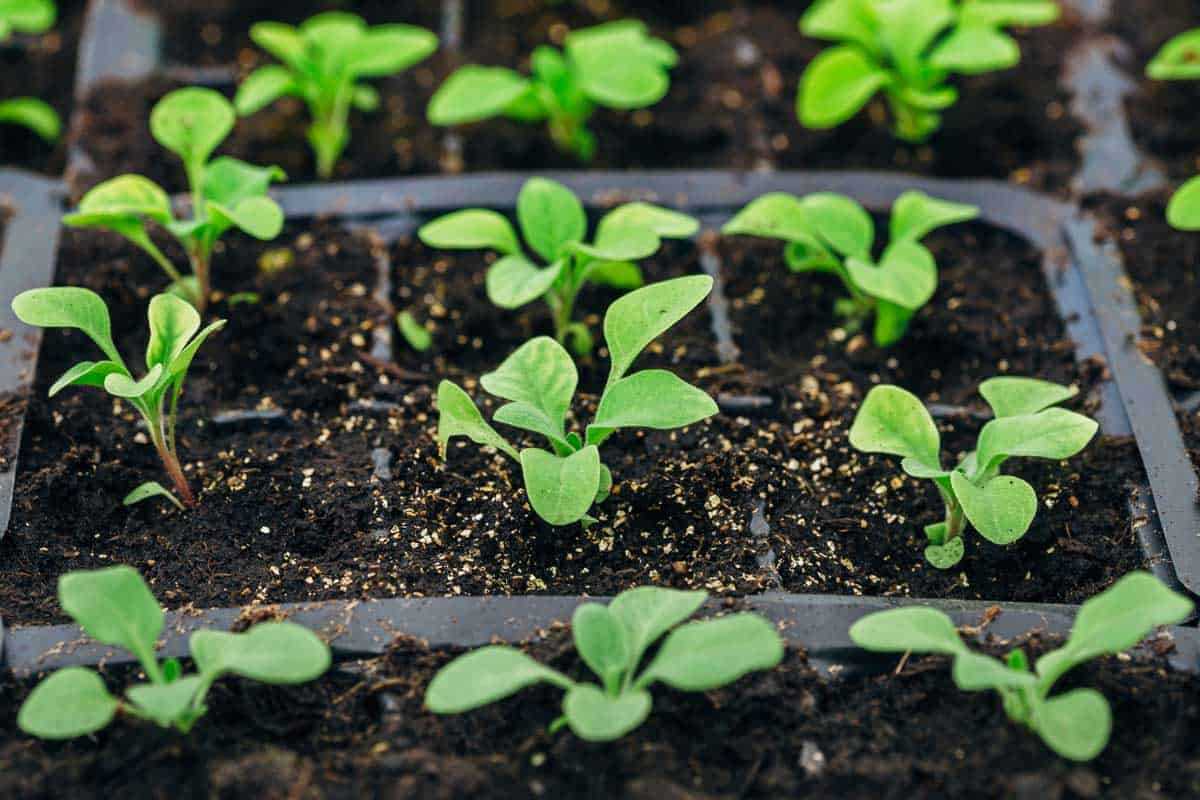
Prevention is key to reducing the risk of pest infestations. Regularly clean and sanitize your gardening tools, keep the area around your petunia sprouts free from debris and weeds, and maintain good hygiene practices to prevent pests from finding a habitat near your plants.
By actively monitoring for pests and taking appropriate action, you can safeguard your petunia sprouts from the damage and potential death caused by pest infestations.
Questions and Answers:
How can I protect my petunia sprouts from diseases?
To protect your petunia sprouts from diseases, you should ensure that they are grown in a clean and sanitized environment. This includes using sterile potting soil, keeping the growing area free from weeds and debris, and avoiding over-watering. Additionally, you can use organic fungicides and pesticides to prevent diseases from spreading.
What are some common diseases that can affect petunia sprouts?
Some common diseases that can affect petunia sprouts include powdery mildew, root rot, and damping off. Powdery mildew is a fungal disease that appears as a white powdery coating on the leaves. Root rot is caused by over-watering and can lead to the death of the plant. Damping off is a fungal disease that causes seedlings to rot at the soil level.
How often should I water my petunia sprouts?
It is important not to over-water petunia sprouts, as this can lead to root rot and other diseases. Water them thoroughly when the top inch of soil feels dry to the touch, but ensure that the soil is well-drained and not waterlogged. The frequency of watering will depend on factors such as the temperature and humidity of your growing environment.
Can I use chemical pesticides on my petunia sprouts?
While chemical pesticides can be effective in controlling pests, it is generally recommended to use organic alternatives on petunia sprouts. Chemical pesticides can be harmful to the plant, as well as to the surrounding environment. Organic pesticides, such as neem oil or insecticidal soap, are safer options and can help protect your petunia sprouts from pests without causing harm.
How can I prevent damping off in my petunia sprouts?
To prevent damping off in petunia sprouts, it is important to provide proper ventilation and air circulation. Avoid over-watering, as excess moisture can contribute to the development of this fungal disease. Using sterile potting soil and clean containers can also help prevent damping off. Additionally, providing bright light and maintaining a temperature of around 70°F can help promote healthy growth and reduce the risk of damping off.
